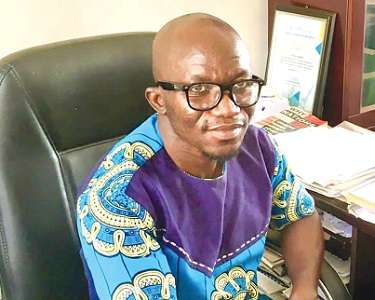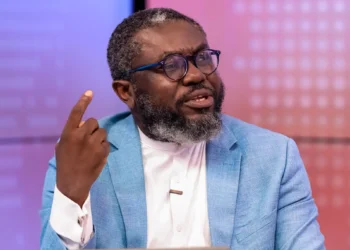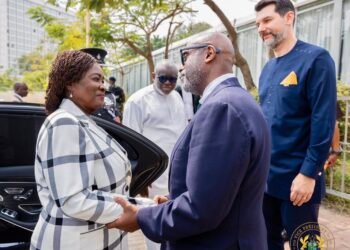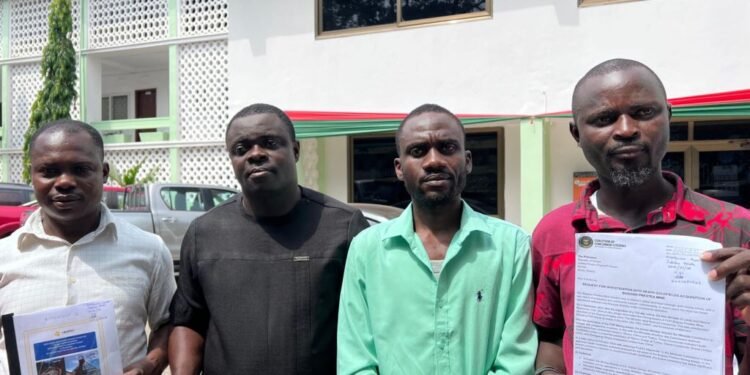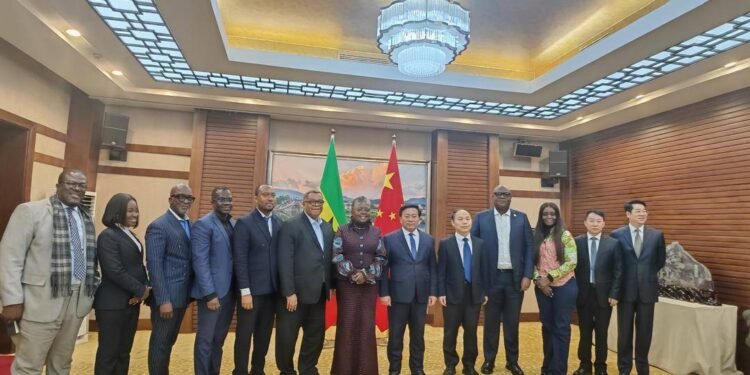Political scientist and governance analyst Dr. George Asekere has weighed in on the presidency’s recent caution issued to GoldBod CEO Sammy Gyamfi, calling the warning unnecessary and possibly misplaced.
Dr. Asekere questioned the rationale behind the official response from the presidency, arguing that Sammy Gyamfi was merely extending help to someone.
“So, on what basis are you cautioning him?” he asked, adding that if the only concern was the use of foreign currency—such as dollars—in the transaction, then a broader national conversation on currency usage might be more appropriate.
In an interview with the Vaultz News, he acknowledged that using foreign currency locally could be problematic, especially as Ghana strives to stabilize its economy.
“If we caution him about using foreign currency, I agree that, yes, you are using foreign currency when we are all supposed to be using our local currency as a way of helping to stabilize the currency. If that is the basis, I don’t have a problem at all.”
Dr. George Asekere

However, he emphasized that if the reprimand was based simply on the act of giving money to someone in need, it was unwarranted.
Dr. Asekere also addressed calls for Sammy Gyamfi to resign or be sacked over the incident, calling such demands unjustified. “The calls for him to resign or be sacked were misplaced.”
Fairness And Double Standards Questioned
Amid the growing backlash, the ruling New Patriotic Party (NPP) has submitted petitions to several state institutions, including the Commission on Human Rights and Administrative Justice (CHRAJ) and the Office of the Special Prosecutor (OSP), requesting investigations into Gyamfi’s actions. On this, Dr. Asekere struck a more neutral tone.
“Petitioning the state institutions to investigate any suspicion is commendable,” he said, adding that such actions are better than making assumptions without evidence. “If they investigate and nothing comes out, it’s better than leaving it and then something emerging later.”
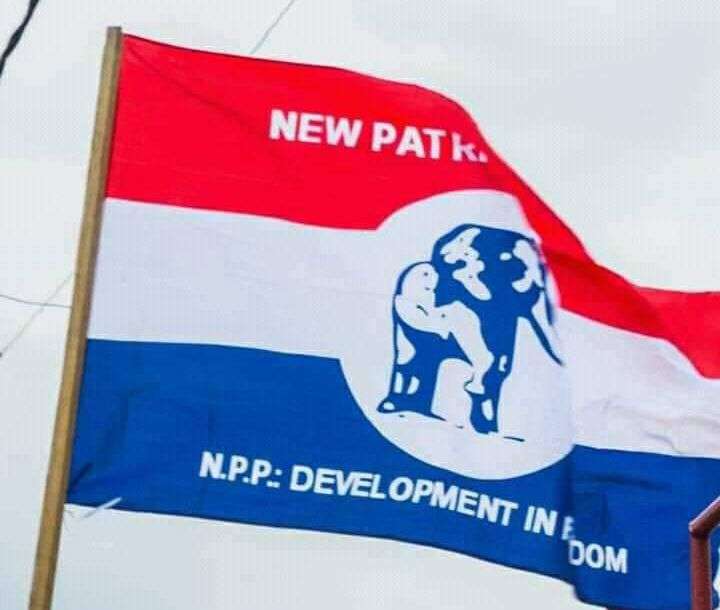
However, Dr. Asekere questioned the NPP’s motivations, suggesting that their stance may not be rooted in principle but rather political convenience. He drew comparisons to previous incidents involving members of the NPP that did not receive similar scrutiny.
He referenced the case of former Sanitation Minister Cecilia Dapaah, who faced backlash for large sums of cash found in her home, and an unnamed NPP official who reportedly owned 13 air conditioners. “We’ve seen NPP communicators justify all these in the past,” he said.
He also cited the case of a Chief Executive appointed to Keta Port—a port that does not yet exist—who reportedly received significant compensation.
Additionally, he raised concerns about the collapse of multiple financial institutions, including Heritage Bank and UniBank, asking why similar petitions were not filed in those instances.
“If it is good for A, it must be good for B,” he stated, stressing the importance of consistency in upholding justice.
Code of Conduct Under Scrutiny
The incident has also revived conversations about public conduct and the Code of Conduct for public officials.
Narrowing it down to the Code of Conduct and if it should have done more to address situations like this—particularly in light of concerns about MPs giving ostentatiously—Dr. Asekere disagreed.
“Not at all. We live in a society where people are genuinely in need. Any Code of Conduct that attempts to restrict those who are able from helping those who are not would ultimately be harmful to our social fabric.
“And so you cannot bring a code of conduct that they do not give to people in need. Apart from that, the politicians have so many followers. We have failed as a society to create jobs for the masses of young people. They must survive. We tell them not to go and steal, so, if they come to you to help, and you have, you have to help.”
Dr. George Asekere
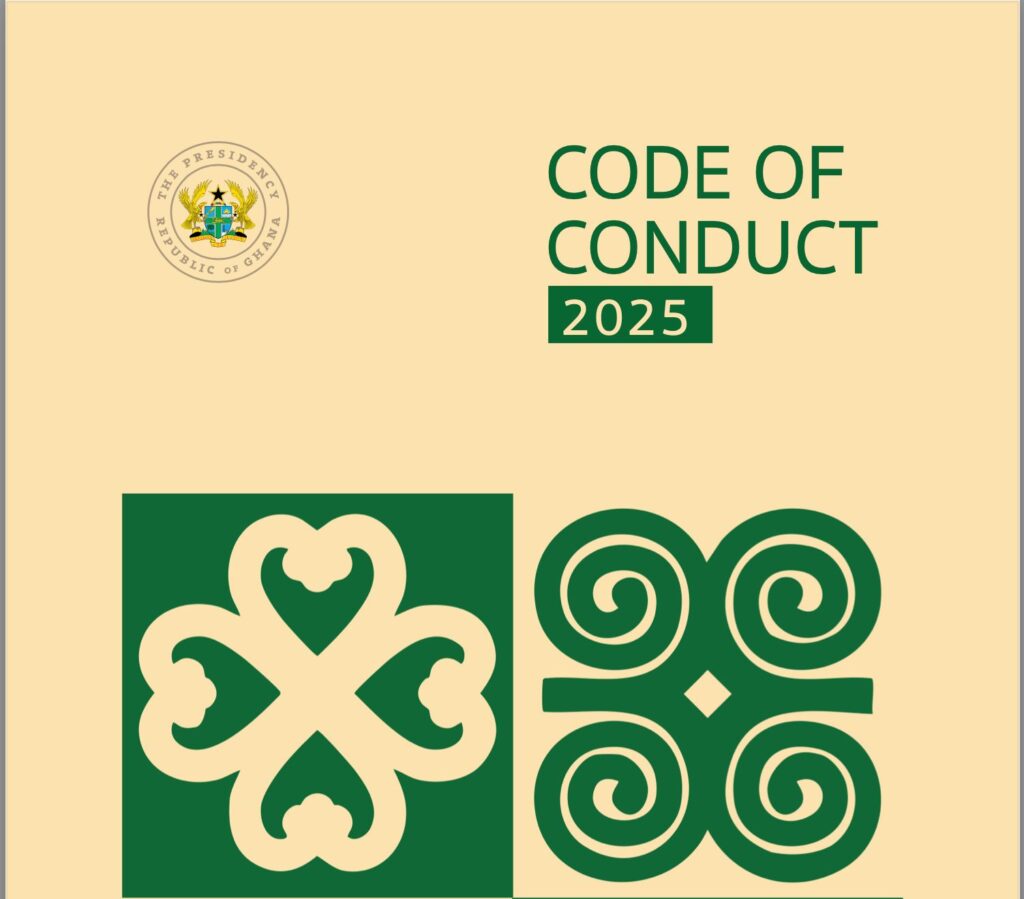
He contended that it would be unjust to deny young people job opportunities and, at the same time, introduce a policy that discourages offering them help. Such an approach, he said, would be oppressive and should not be supported.
In his view, the Code of Conduct should focus on promoting professionalism, avoiding conflicts of interest, and ensuring that laws are applied equally to all.
Employment opportunities, he emphasized, should be based on merit, without regard to ethnicity, political affiliation, or other biases.
While he did not believe the current Code of Conduct has failed, he saw it as a starting point that could be developed and improved over time.
“Politicians in Ghana are expected to help constituents pay school fees, cover funeral expenses, and more,” he noted, saying this explains why giving money should not automatically be equated with misconduct.
He added that if the Code of Conduct is to evolve, it must distinguish between charitable giving and corrupt practices.
For example, helping a party member with medical bills differs significantly from awarding inflated contracts through political connections. “There’s a thin line between offering help and engaging in corruption.” he said.
Sammy Gyamfi’s Criticism Driven by Self-Interest
Furthermore, Dr. Asekere pointed out that party supporters who expressed disappointment in Sammy Gyamfi may have done so out of personal interest.
According to him, many believe the funds Gyamfi handed out should have first gone to party loyalists who sacrificed during the opposition years. “Some party members lost their jobs while NDC was in opposition. They expect to be prioritized now.”
Still, he urged a broader perspective. “Unless we have evidence that Gyamfi refuses to help party members but supports outsiders, there’s little to justify the outrage,” he explained.
According to him, those complaining might simply not have been among the recipients of his generosity.

Contrasting political generosity with corruption, Dr. Asekere argued that the link exists only when giving is tied to procurement fraud or kickbacks. “Helping someone pay school fees isn’t corruption. Using contracts to enrich cronies is,” he clarified.
He further emphasized the need for institutional reforms to address Ghana’s deeper corruption issues.
“Why not investigate unexplained wealth?” he asked, pointing out the lavish lifestyles of some politicians that far exceed their official earnings.
“So there’s a thin line between offering a helping hand to a party supporter and then using that as a means of corrupting the person or the party man. So I think it’s a thin line, but we should draw the distinction.”
Dr. George Asekere
Dr. Asekere challenged authorities to scrutinize how politicians finance luxurious cars, homes, and constituency projects. He advocated for laws requiring public officials to declare secondary sources of income and disclose financial interests. “Let us have laws that ensure everyone can explain their wealth,” he urged.
In conclusion, he said Ghana’s approach to fighting corruption must start from the top. “If we start at the top, accountability will trickle down,” he noted, stressing that genuine reforms—not targeted political actions—will ultimately benefit the nation.
READ ALSO: Russia-Ukraine Ceasefire Talks To Begin Immediately

